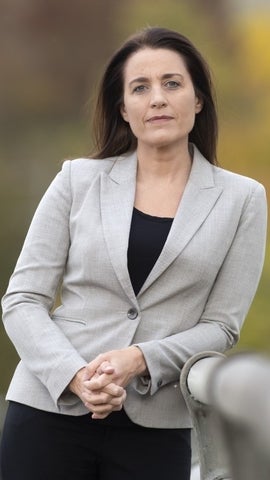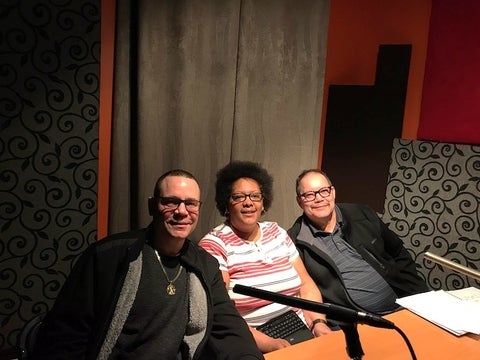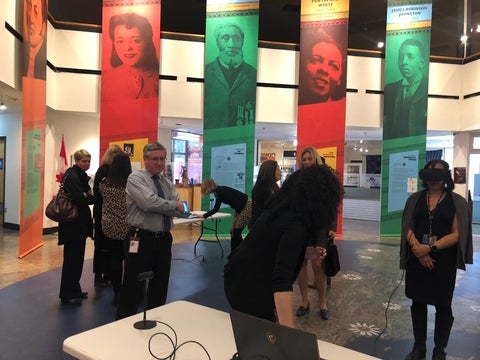
Since 2017, Dr. Kristina Llewellyn, now adjunct history professor* at the University of Waterloo with expertise in oral history and history of education, collaborated with the Games Institute (GI) at Waterloo and other scholars to research and create an educational virtual reality (VR) experience for a social justice-oriented project, entitled, "Digital Oral Histories for Reconciliation: The Nova Scotia Home for Colored Children History Education Initiative” (DOHR). Initial funding came from the Social Sciences and Humanities Research Council (SSHRC) and a grant from Facebook's Oculus.
In her blog detailing the project for the GI, Emma Vossen explains that "the DOHR is a community-based partnership that supports education via a curriculum created to educate students about the harms of the Nova Scotia Home for Coloured Children (NSHCC). The NSHCC was a segregated institution for African Nova Scotian children that opened in 1921 and closed over 70 years later. Child residents of the Home were subjected to abuse and neglect. Residents voiced the harms they experienced for decades. These harms were finally addressed in a substantial way with the NS Restorative Inquiry. With the Inquiry, the government of NS acknowledged the harms of the NSHCC and addressed how systemic racism continues to impact the lives of African Nova Scotians."
"The VR portion of the DOHR curriculum features the stories of three former residents of the NSHCC, Gerry Morrison, Tony Smith, and Tracy Dorrington-Skinner who recount their experiences from within the virtually constructed learning environment. The DOHR curriculum uses a restorative justice framework to share survivors’ oral histories through a VR experience that allows students to move through a digital representation of the NSHCC while listening to survivors recount what happened within its walls."
Since 2017, the project received wide media attention and is the subject of several journal articles where Dr. Llewellyn is one of the co-authors.
Noting that historians are "notorious for working alone," this interdisciplinary project involved “epistemological humility,” a key to such work: “you don’t know what you don’t know until you engage in other ways of knowing.” Collaboration was not only with other academics but more importantly, with community members and community-driven approaches to making change.
For more details about the project, see Emma Vossen's blog, "Virtual Reality for Social Justice," published on July 8, 2024 for the Games Institute.
*Dr. Kristina Llewellyn was professor of Social Development Studies at Renison University College/University of Waterloo, and was also an active member of the history department at Waterloo until July 31, 2024. On August 1, she joined McMaster University as Professor of History and the new Wilson College of Leadership and Civic Engagement, but continues as an adjunct at Waterloo working with several graduate students in the Tri-U program, among other projects.
Other history faculty at Waterloo connected with the GI include Dr. Steven Bednarski, Dr. Ian Milligan, and Dr. Susan Roy.

Three former residents of NSHCC tell their stories in the Digital Oral Histories for Reconciliation. L-R : Tony Smith, Tracy Dorrington-Skinner, Gerry Morrison.

Participants viewing the Digital Oral Histories for Reconciliation at the Black Cultural Centre for Nova Scotia, Cherry Brook.